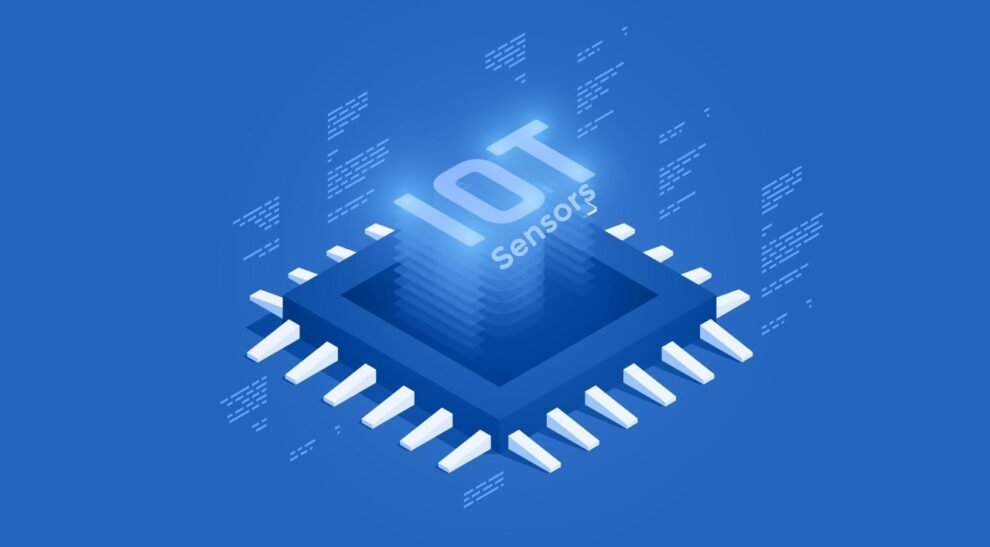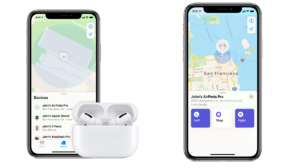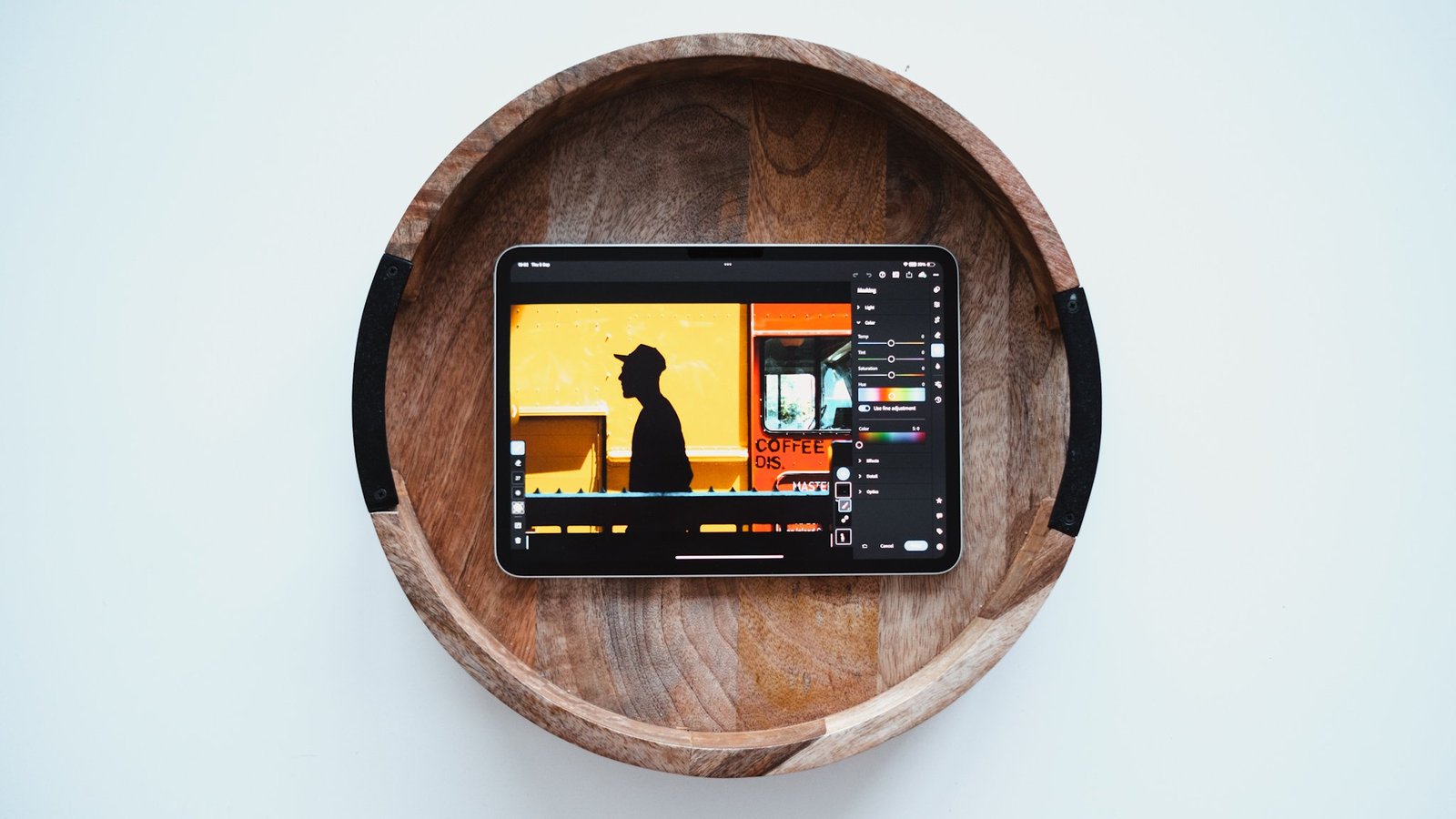The biomanufacturing industry stands on the brink of a revolutionary transformation, thanks to the integration of Internet of Things (IoT) technologies. This leap forward promises to streamline operations, enhance drug quality, and significantly reduce costs, thereby ushering in a new era for biomanufacturing.
At the heart of this transformation is the application of IoT in the pharmaceutical sector. Traditionally challenged by product instability, rigorous regulatory compliance, and the intricacies of supply chain management, the pharmaceutical industry is now leveraging IoT to introduce agility, innovation, and quality into its operations. IoT’s role in pharmaceutical biotechnology is multifaceted, from enhancing drug development and clinical trials to optimizing supply chains through smart warehousing and tracking technologies. Real-time monitoring and smart equipment are enabling faster regulatory reporting and adherence to compliance standards, while smart packaging technologies like RFID tags facilitate online tracking of products from manufacturing to distribution, reducing the bio-pharma cost by as much as 65%.
IoT is not only transforming pharmaceutical biotechnology but is also redefining research and development (R&D) within biotechnology. The era of “omics” demands precision and agility in biotechnological research, which IoT technologies are well-equipped to provide. Through the intelligent interconnection of lab devices and cloud-based data collection, IoT facilitates the global sharing of research data, enhancing reproducibility and accelerating the pace of biotechnological advancements. Examples include automated smart labs in the US, which are increasing the productivity of microbial metabolites, and Synbio companies in Europe leveraging AI and automation for gene synthesis and novel compounds discovery.
However, this promising integration faces hurdles such as complex device configurations, lack of standardized authentication protocols, and stringent security requirements. Overcoming these challenges is crucial for the widespread adoption of IoT in biotechnology (Biotech Express Magazine).
The broader implications of digital technologies in biomanufacturing are profound. The move from traditional methods to a digitized, data-driven approach aligns with Industry 4.0 principles, streamlining processes, and enhancing resource optimization. Technologies such as automation, AI, digital twins, and blockchain are being deployed across the biomanufacturing value chain, ensuring a seamless workflow and optimizing every stage of the production process, from material sourcing to product delivery.
This digital transformation is not without its challenges, particularly in scaling production and ensuring reproducibility—issues that digital tools are adept at addressing. By harnessing advanced sensors and analytics, biomanufacturing can now benefit from real-time data insights, leading to improved product quality and faster, cost-effective production.
As the industry navigates these transformative times, the biomanufacturing revolution stands as a testament to the power of digital innovation. The path ahead is paved with opportunities for efficiency, sustainability, and enhanced patient care, marking a pivotal shift in how biotechnological products are developed and delivered to market.

















Add Comment